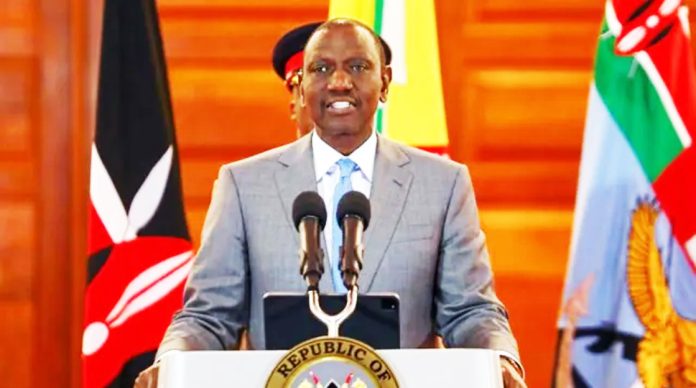Kenya’s President William Ruto has said he will not sign a finance bill that led protesters to storm Parliament in anger over rising costs, adding that the bill containing tax hikes would “be withdrawn”.
“I concede and therefore I will not sign the 2024 finance bill and it shall subsequently be withdrawn,” Ruto said in a televised address on Wednesday. “The people have spoken.”
Ruto said he would now start a dialogue with Kenyan young people, without going into details, and work on austerity measures – starting with cuts to the budget of the presidency – to make up the difference in the country’s finances.
His comments came after dozens of people were reported killed and scores more wounded as police broke up rallies against the contentious bill.
The move will be seen as a major victory for the week-old protest movement that grew from online condemnations of the proposed tax increases into mass rallies demanding a political overhaul, in the most serious crisis of Ruto’s two-year-old presidency.
Shortly before Ruto’s address, activists called for new protests in Kenya. They called on demonstrators to return “peacefully” to the streets to honour those killed.
Mainly youth-led, the rallies began last week in a largely peaceful fashion as thousands protested against the proposed tax increases, which, in the original version, included price rises on basics such as bread and nappies.
However, tensions spiked on Tuesday as the Parliament of Kenya passed the bill. As police used tear gas, water cannon and rubber bullets on crowds in Nairobi, reports of live rounds being fired saw protesters storm Parliament and set it alight. Ruto then deployed the military.
There is some confusion over the actual death toll. Unconfirmed reports quote the Kenya Medical Association as stating on Wednesday that at least 23 people were killed and another 30 were being treated for bullet wounds.
Ruto, who came into power in 2022 pledging to reduce living costs, had previously said that the tax increases were necessary to cut reliance on foreign debt, which is currently equal to about 70 percent of gross domestic product (GDP).
Credit: aljazeera.com









